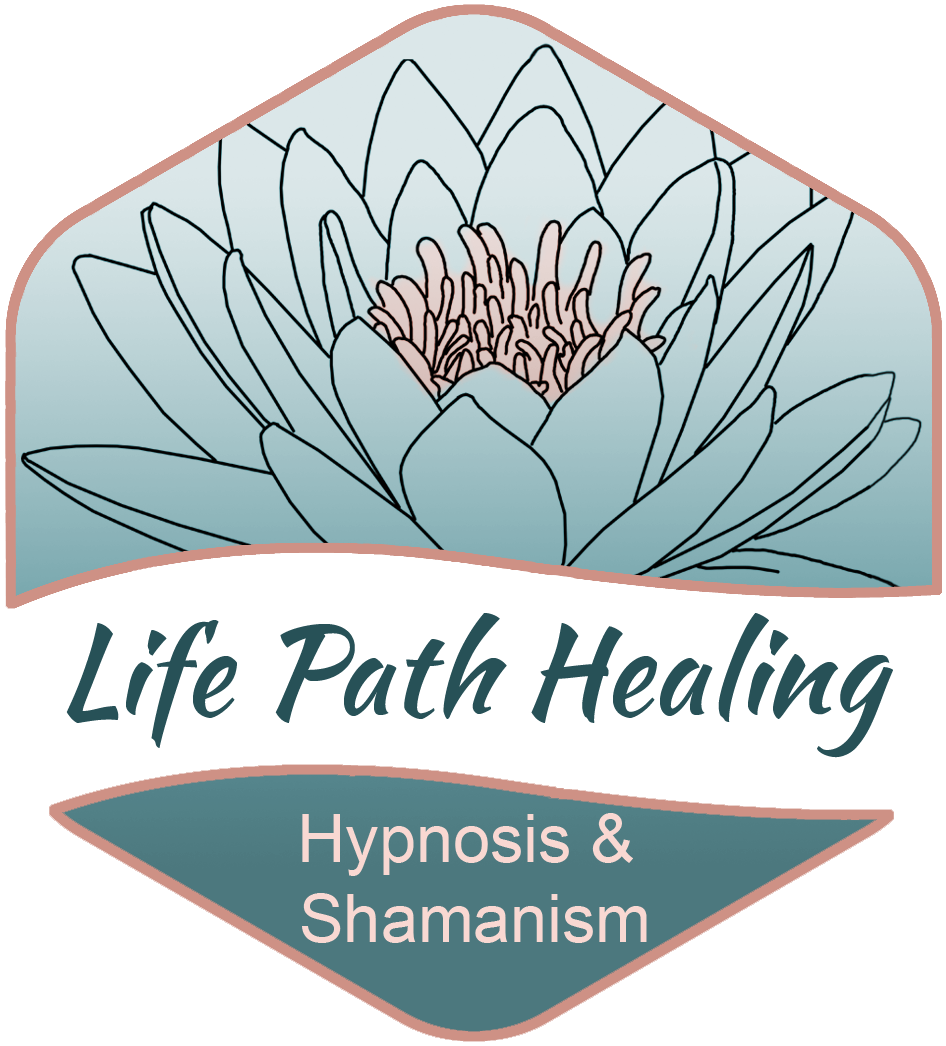Managing Fear and Anxiety for the Greater Good
To say there is a lot of stress out there right now would be the understatement of the year. The COVID-19 virus, the economy, shifts in culture, and the all around uncertainty of the future is enough to send our stress hormones off the charts. There have been plenty of studies demonstrating the correlation between stress and its impact on the immune system, so there is every reason to reduce stress levels for our individual good and also for the good of one another.
On an energetic level, there have been similar studies demonstrating a correlation between a peaceful mindstate and social behavior. The Maharishi Effect proved that practiced meditators meditating together can bring down the crime rate in a major metropolitan city. Again, the best thing we can do for ourselves, emotionally, may also be the best thing we can do for one another.
Set an intention for the greater good
There are plenty of articles out there that tell you to take a break from the constant stream of media, eat right, get exercise, and find alternative ways of socializing with people. Those are all important ways to keep your physical and mental health in good shape. It is also important to have tools to manage feelings of anxiety and fear. Let’s bring our own stress levels down so we can reduce the stress that we’re all energetically picking up on. If we set an intention of bringing down our level of stress for the greater good, that intention alone makes a positive impact.
Tools for managing stress
Mindfulness - The first step in managing anxiety is to notice it. Pushing it down or putting on a brave face to try and stay positive is a noble impulse but not an effective one. Set a reminder on your phone every few hours or set time aside before or after meals to take stock of how you’re feeling. Close your eyes, take three deep belly-breaths, and notice your body. Notice if you’ve been breathing shallowly or you’re holding tension in your muscles. Are your shoulders getting closer to your ears? Are you fidgety? Jaw tight? Don’t worry about changing anything. Just take a moment to notice. Put a name to it. “I’m feeling tense” or “I’m feeling worried.” Just being mindful of how you’re feeling goes a long way toward managing your emotions. Remember, no judgement. Notice it and give it a name, but don’t shame yourself for any of it. Your emotions are perfectly natural, no matter what they are.
EFT Tapping - EFT (Emotional Freedom Technique) or Tapping utilizes acupressure points to reduce the intensity of an emotion. There are many free videos that demonstrate how to use this technique to reduce difficult emotions.
Diaphragmatic Breathing - This simple breathing technique has proven to decrease cortisol levels. When you take deep breaths, filling your lower belly first, it triggers a natural stress reduction in the body’s parasympathetic nervous system.
Place your hand an inch above your belly button and expand that area first, on an inhalation, before filling the upper part of the chest. When we’re stressed, we tend to take shallow breaths, only filling the upper chest. This style of breathing triggers fight/flight/freeze hormones.
Meditate - If you’re new to meditation or have a hard time doing it, pick a guided meditation to follow. There are many free meditation apps and videos out there to help you get started. There is plenty of research to prove that meditation eases anxiety, depression, and even pain so add it to your daily routine to lower stress. Even 5 minutes a day makes a difference and can be the start of a positive habit that you can build on.
Gratitude Journal - While this may seem counterintuitive amidst so much difficulty, there are always things to be grateful for. Start a gratitude journal and list 5 to 10 things you enjoyed today. Studies show this helps your overall state of mind. Gratitude journals train the mind to watch for those little moments of joy that otherwise might slip right by. Did your car start? Do you have running water? Are there people around you that you know and love? It doesn’t have to be earthmoving, there is so much that goes right everyday.
Maybe these ideas aren’t new to you. Maybe you already practice some of them. Most of us are aware, in general, of how we can improve our health and wellbeing -- mentally, emotionally, and physically -- but we don’t always take the initiative to do it. Set an intention to do it for your neighbors, friends, and family and see if that helps your resolve to keep up these beneficial habits.
